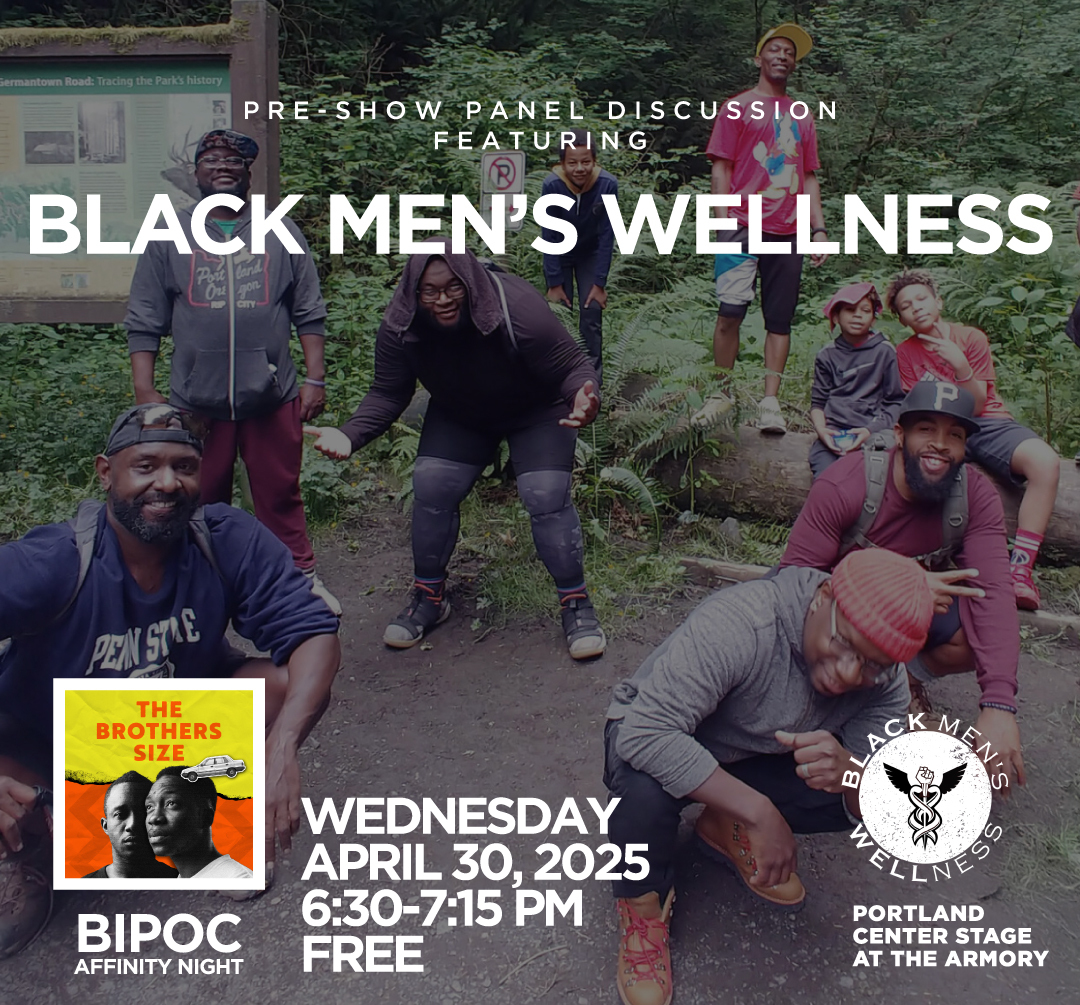Ethel Waters & “His Eye is on the Sparrow”
By Literary Manager Benjamin Fainstein
In a poignant scene from the 1952 film adaptation of Carson McCullers’ novel The Member of the Wedding, Ethel Waters, in the role of Berenice Sadie Brown, cradles two dejected children while singing “His Eye is on the Sparrow” without accompaniment. She quivers with complication. From her throat comes the silvery and exact vocal tone that entranced listeners throughout her nearly 60-year career, but her musical phrasing hints at a private pain soon confirmed in her wistful gaze. The camera zooms in, the children disappear from view, and Waters’ face fills the screen.
“Why should my heart be lonely, and long for heaven and home,” Berenice sings, “when Jesus is my portion?” Her eyes grow dewy, but Waters teeters on the edge of sentimentality without falling over. She hints at, but does not explicitly disclose, Berenice’s complexity of emotion. The camera pulls back when Waters reaches the lyrics “I sing because I’m happy, I sing because I’m free.” The cinematic framing of the scene strongly suggests that the white children pressed to Berenice’s bosom have not picked up on their black housekeeper’s depth of feeling, and Berenice moves on from her bittersweet reverie.
“His Eye is on the Sparrow” meant a great deal to Waters offscreen as well, and she masterfully captured the existential tug-of-war embedded in the song. The lyrics bespeak a character trying to reconcile a profound sadness with the recognition that her faith inherently protects her from that very same anguish. The song was brought to light by two white musicians in 1905, composer Charles Hutchinson Gabriel and Civilla Durfee Martin, who penned the lyrics after Martin was moved by the resilient faith of a bedridden friend. The words took inspiration from the Book of Matthew, when Jesus advises that since God cares for each little sparrow and “ye are of more worth than many sparrows,” there is every reason to take heart and trust in the Lord. The tune soon became a staple of African American gospel music, and while the legendary Mahalia Jackson’s recording was the one inducted into the Grammy Hall of Fame in 2010, it was Ethel Waters who was most closely associated with the hymn until the late 1950s.
Waters, who lived from 1896-1977, titled her first autobiography after the song in 1951. In the early decades of the 20th century, she had risen to fame as a singer of jazz, blues and ragtime standards. She became a celebrity of the Harlem Renaissance, then began appearing in films and on Broadway. In 1949, Waters became the second African American to be nominated for an Academy Award. In 1957, after a period of personal and professional turbulence, she sang at her first Billy Graham Crusade at Madison Square Garden. Graham’s popularity had been growing at an exponential rate, and his evangelist revival meetings attracted millions of followers. Graham had opposed racial segregation amongst his crowds, saying in Mississippi in 1952 that Christianity was neither white nor black, and that Christ belonged to all people. After Waters’ first appearance for Graham’s church, she remained an important member of his circle and sang at his Crusades until 1976.
Gospel music was indelibly marked by “His Eye is on the Sparrow,” which has been recorded by scores of artists, including Whitney Houston, Lauryn Hill, Rosetta Tharpe and Gladys Knight. The song acknowledges that agony is a part of human life, yet still insists on hope and faith. Looking back on Ethel Waters’ life, it seems clear she did the same.
Portland Center Stage is committed to identifying & interrupting instances of racism & all forms of oppression, through the principles of inclusion, diversity, equity, & accessibility (IDEA).


















